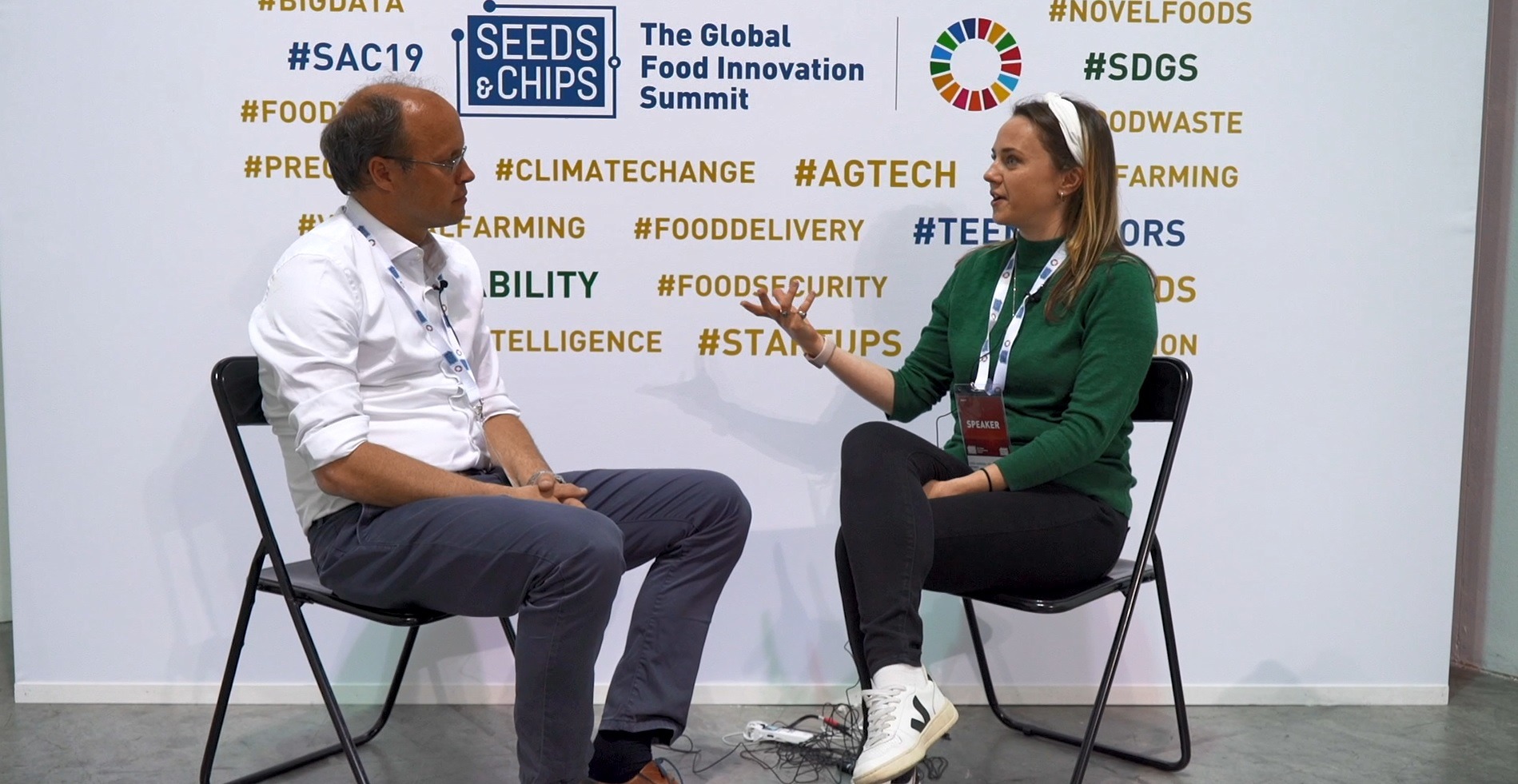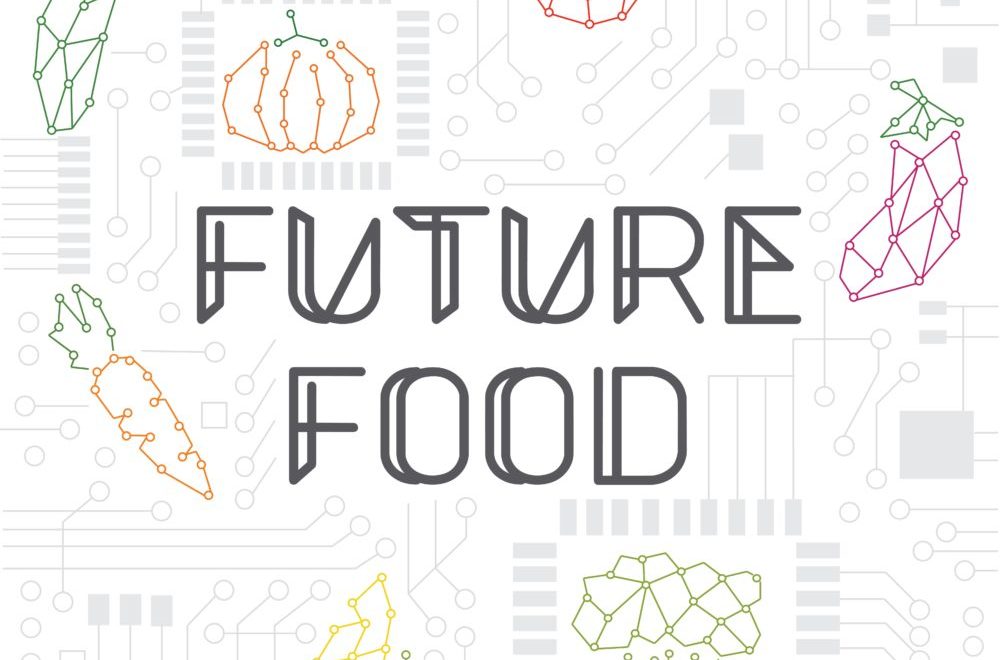In this episode of Future Food, AFN editor Louisa Burwood-Taylor speaks to Klaus Kunz, head of sustainability and business stewardship at German agro-pharma giant Bayer. She caught up with him on the sidelines of the Seed & Chips Innovation Summit in Milan.
Klaus has spent nearly eight years at the helm of regulatory departments in the company. He previously headed the Regulatory Policy & Compliance department in its crop science arm. Before that, he was head of Global Regulatory Affairs Insecticides.
It’s no surprise, really, that he’s so well-entrenched in such affairs. He did his Ph.D. in Chemistry at Westfälische Wilhelms-Universität Münster, building on a previous Diploma on Economy.
Helping smallholder farmers
Klaus does a great job explaining how invested Bayer is in helping smallholder farmers to thrive in the present day (compared to its humble beginnings churning out its most well-known product, aspirin, before the turn of the 19th century). And he tells us how he plans to operate Bayer’s new business models based on the time-tested ‘give a man a fish and you feed him for a day; teach a man to fish and you feed him for a lifetime’ philosophy.
“We want to make a huge commitment to help smallholder farmers to thrive, not in a charity model, because we are an enterprise,” he explains, “but in a way that we not only address those smaller farmers who already have a running business, but also those who are working in subsistence conditions at this point of time.”
(The Bayer Foundation recently launched a €20 million Social Innovation ecosystem fund to scale up technology and entrepreneurial solutions that empower African smallholder farmers to lift themselves out of poverty.)
Bayer’s technology transfer
Louisa and Klaus also discuss the relevant technology transfer between companies like Bayer and developing markets. She touches on a previous conversation she had with his colleague Liam Condon, who’s president of the crop science division. Could tech that’s widely used in developed markets make the easy transition for smallholder farmers in its developing counterparts?
“The perception that we are selling the old stuff in Africa, while selling the new stuff in Europe, is not true. That’s actually not true. We have standards for our entire portfolio, which are clear.” Klaus declares. But what sort of tech is Bayer actually supplying? Listen to the podcast to find out.

Pesticides: The Ugly Truth
Most importantly, one can’t get through a conversation with Bayer without addressing its pesticides. The company has come under fire for its glyphosate-based weedkiller Roundup, which is made by its now-subsidiary Monsanto. Environmental organizations have also been lobbying for it to be banned, as some researchers have linked its use to bee deaths. The company is also currently being sued by multiple parties who say that exposure to the chemical has caused cancer. Klaus calls it a “very emotional topic” to him, having led the company’s task force in addressing the ugly issue, for three years.
“[There are] very heated debates in the public on the safety of [neonicotinoids] to bees. And it’s absolutely true if you apply this class of chemistry in the wrong way, it’s toxic to bees. So it is a matter of massive stewardship, positioning of these insecticides in the right place, in the spring cycle, and not in the wrong place,” says Klaus. “For example, spraying into flowering of bee attractive crops is a no-go with this class. What I realized is that at one point of time it was very difficult to have a fact-based conversation. It became very emotional.”
Klaus goes on to highlight the efforts his company has been undergoing to recover from this PR catastrophe, adding that the German multinational has always supported organic farmers. He’s advocating for change in his ‘big ship’, Bayer.
This episode, though heavy, is full of important insights from Klaus, who addresses pertinent issues in the bigger agriculture picture. Don’t miss it.
Listen below or on your favorite podcasting app.





